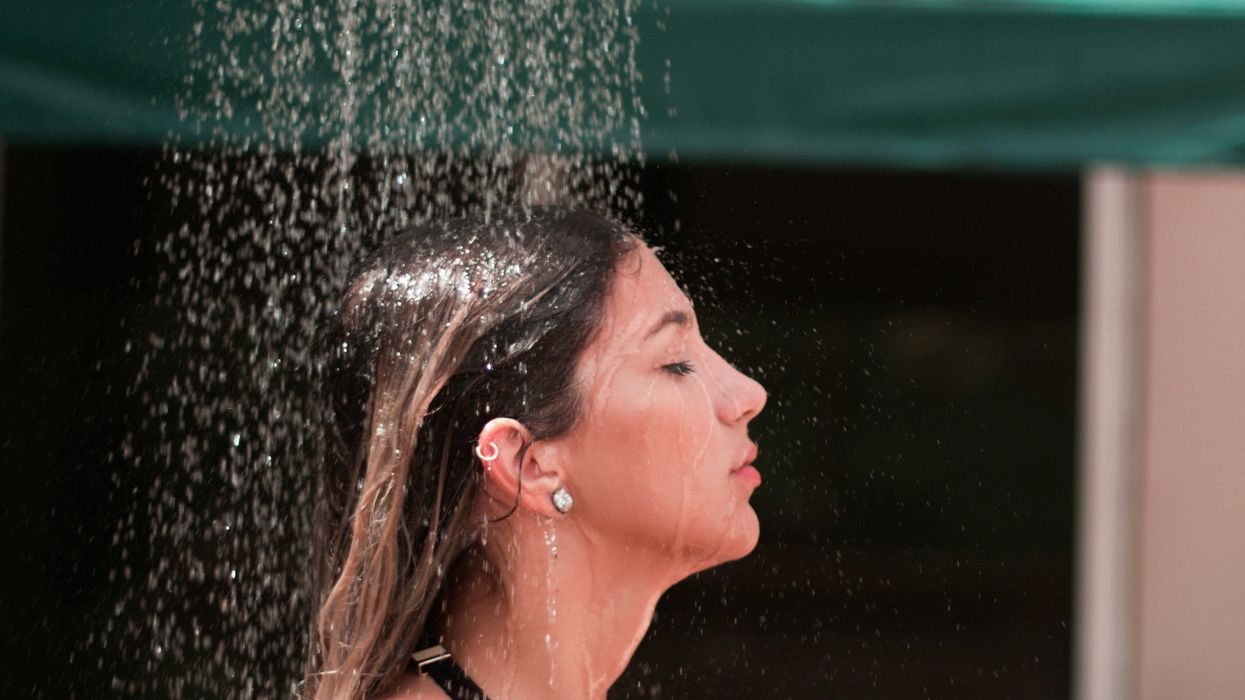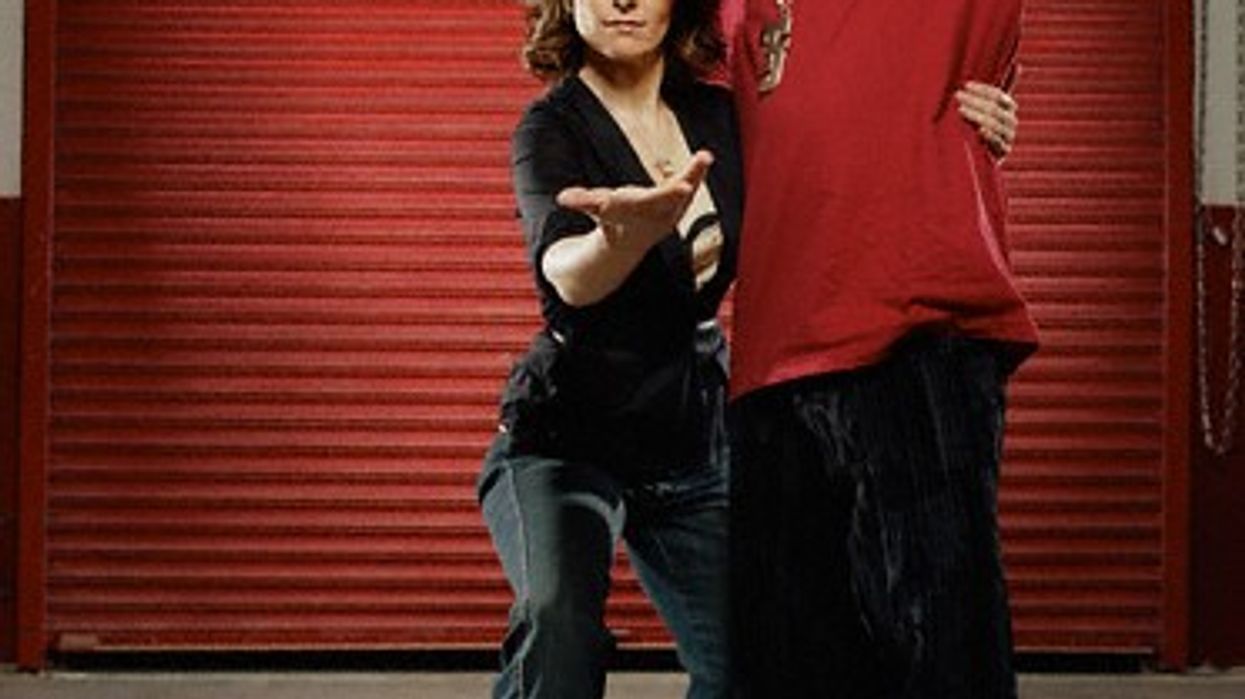My 15-year-old daughter stopped talking to me last week. During a long car ride I suggested quizzing her on literature vocab words for her upcoming mid-terms, knowing that concentrated study time at home needs to go to her four AP classes. She reluctantly pulled out the flash cards she made for the test, and I asked her, “What is ‘arduous’?” “Um, is it like when, sort of, you…uggh…I don’t know.”
I lost it. “‘Arduous’—you take all these hard classes and you don’t know ‘arduous’? Are you kidding me?” Then it got worse, and as usual, I ended with, “I’m blocking your Facebook.”
Her response? “You’re acting like the Tiger Mother.”
Her backlash bothered me—because she was right; it was getting under my skin. Even my daughter was citing the Wall Street Journal’s excerpt “Why Chinese Mothers Are Superior,” which has a spurred a gazillion love or hate comments all over the internet.
The firestorm unleashed by Tiger Mother, Amy Chua, coincides with sold-out screenings of the documentary Race to Nowhere: The Dark Side of America’s Achievement Culture, questioning the soundness of our high stakes, high pressure school culture. Meanwhile, policy makers are wringing hands over recently-released global math and science test results showing Americans scoring significantly below industrialized nation averages, with the Chinese at the top. Despite a goal of becoming globally competitive, last year when my local school board faced a budget deficit, they joined legions of others around the United States, and voted to eliminate the elementary foreign language program.
With such schizophrenic news on education, of course parents are confused. We wonder: what are the Chinese (or Indian or Russian or ...) parents doing that we're not? It might start from a competitive perspective, but I think it stems from a deeper place: We want our children to thrive while the rules—in everything—seem to be changing.
Fueling the frenzy, there’s a message between the lines—that our children are like empty vessels that need to be filled with the "right" information and training, to attain "success" based on a fantasy of professional status. Universally, the wisdom of the ages contradicts any such presumption—accomplished parents can’t be the gods to mold their children in their image. If we try, the result is sadness and disconnection.
An antidote to filling the empty bucket of my children’s intellect has been to see them "as a mine rich in gems of inestimable value. Education can, alone, cause it to reveal its treasures, and enable mankind to benefit therefrom." This approach sees our children as our trust, like a mine full of gems, and our job as parents and educators is to bring out those brilliant gifts responsibly.
Seen this way, we might approach our task with greater respect, patience, humility, and appreciation for the diversity of each child’s inner gifts. We won’t treat them as empty and needing to be filled with distractions, achievements, or more stuff. And our purpose in all of this is for the benefit of mankind, not simply an advancement of one individual’s comforts or prestige.
This idea gained clarity when I spoke with Gayatri Sethi of Atlanta. Her parents were born in India, she was born in Tanzania, raised in Botswana, is married to an African-American, and holds a PhD from Stanford. She recently watched Race to Nowhere and has been contemplating the emotional, physical, and spiritual consequences of the achievement culture.
Embodying global citizenship, she is mindful of the need to raise balanced, connected children, while valuing “excellence in all things.” Her goal? “I hope they will be happy, healthy, honest and brave; and life-long learners.” This might mean no team sports that created anxiety in her first grade son, but pursuing the Tae Kwon Do that he loves. It also involves plenty of down time.
The debate on parenting best practices isn’t going away. But if we lurch from one sensational headline to the next, the frenzy will continue to be felt by our stressed-out, medicated, sleep-deprived kids. I want my daughter to start trusting me again to help her study—if she asks—and I hope to remain mindful of the wisdom of the sages, the bigger picture. A combination of some of the “Chinese” discipline is crucial, but more, for raising thriving global citizens, qualities like flexibility, responsibility, curiosity, generosity, cultivating genuine friendships with diverse people, compassion and independence will serve as my yardsticks, beyond straight-A’s. And it just so happens that universities look for this, employers prefer this approach, and our world can be made better place by them, too.
Homa Sabet Tavangar is the author of Growing up Global: Raising Children to Be at Home in the World (Ballantine/Random House), named a “Best New Parenting Book” and praised by Dr. Jane Goodall. She’s the mom of three girls ages 7 to 17, and a frequent speaker and advisor on global perspectives to corporations and K-12 communities.









